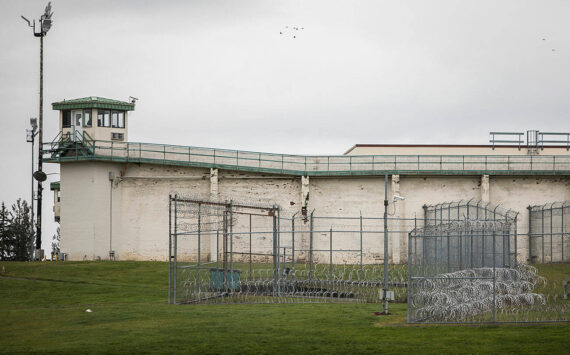State Fire Marshal Charles M. Duffy announced today that in 2009 there were 1,036 fires caused by fireworks over the Independence Day holiday. Residential fires accounted for 89 fires with a loss of over $5.3 million. One person was charged with dangerously discharging fireworks.
Duffy says persons using fireworks must remember that there are legal consequences for damages caused by the irresponsible use of fireworks. Consequences range from being charged with malicious mischief to assault or a gross misdemeanor for possession of illegal explosive devices such as fireworks that have been tampered with or altered. A gross misdemeanor can bring a fine of up to $5,000 and/or one year in prison. Possession of illegal explosive devices, such as M-80’s, M-100’s and larger, altered fireworks, and public display mortars, is a federal offense.
Summer weather conditions make grasses and other vegetation dry and susceptible to fire. A person found responsible for a wildland fire started by a fireworks device can be required to pay restitution for the fire suppression costs. Fire suppression costs of a wildland fire can be in the hundreds of thousands of dollars.
Residents should talk with family members and guests about the fireworks laws for their area. To learn more about fireworks ordinances in cities and counties and other information regarding fireworks, check the fireworks safety Web site at http://www.wsp.wa.gov/fire/fireworks.htm . Independence Day is a time to celebrate our freedoms.
Personal fireworks require personal responsibility. Remember the three B’s of fireworks safety:
— Be PreparedHave water nearby and put pets indoors;
— Be SafeOnly adults should light fireworks;
— Be ResponsibleClean up fireworks debris.
The Office of the State Fire Marshal is a Bureau of the Washington State Patrol, providing fire and life safety services to the citizens of Washington State including inspections of state licensed facilities, plan review of school construction projects, licensing of fire sprinkler contractors and pyrotechnic operators, training Washington State’s firefighters, and collecting emergency response data.




